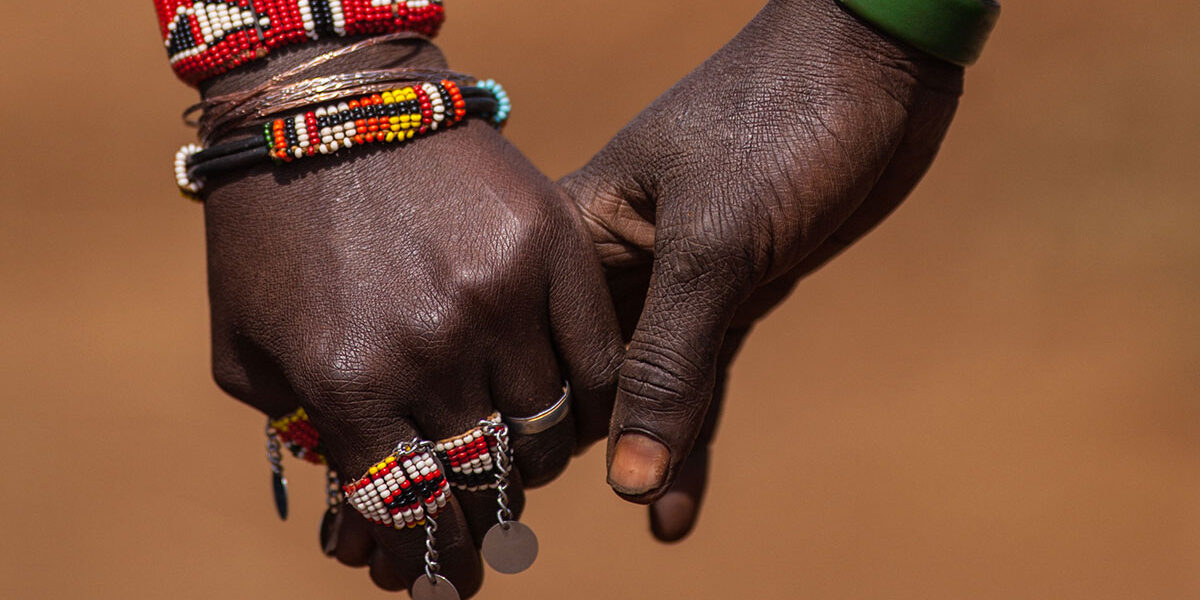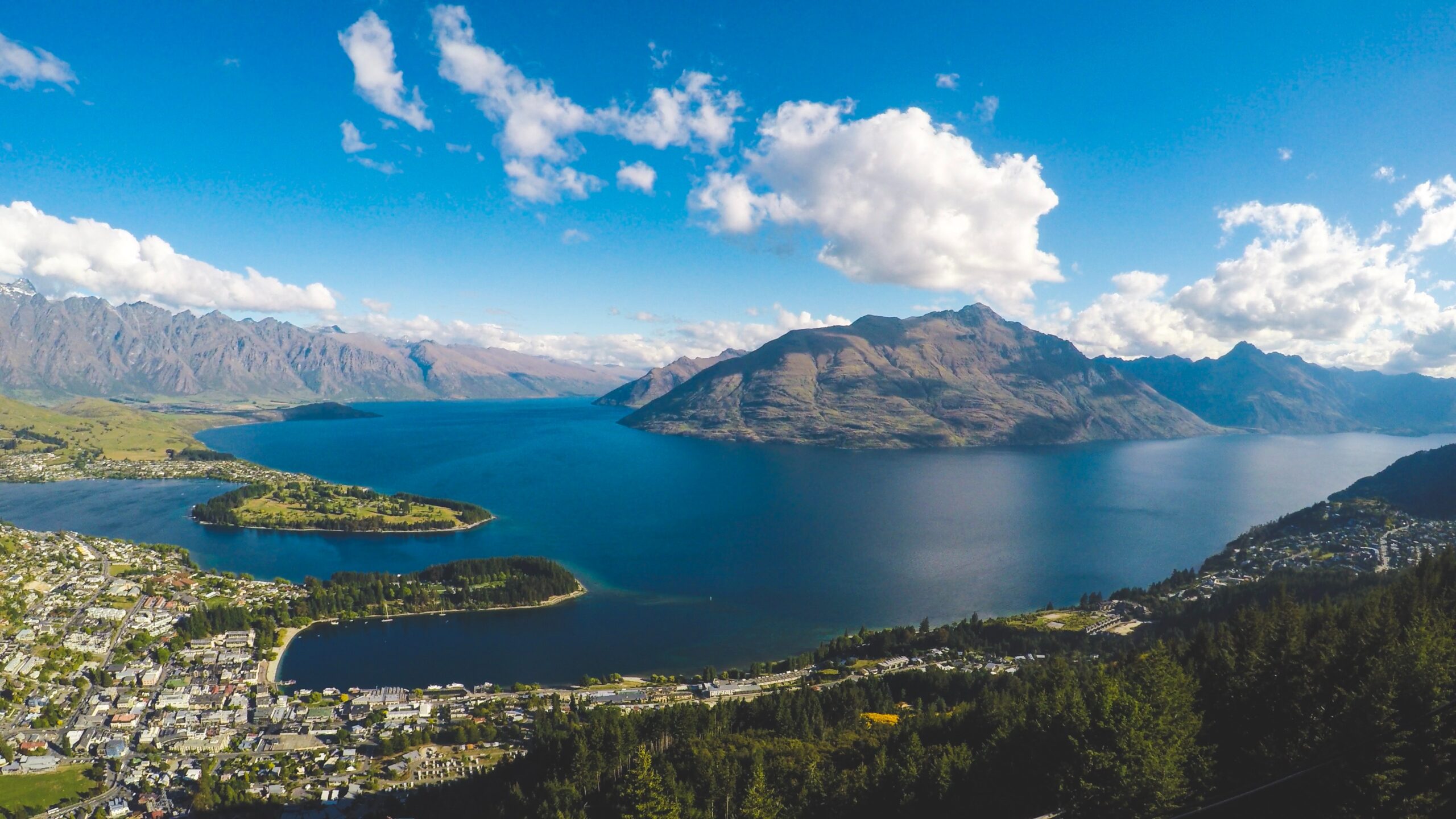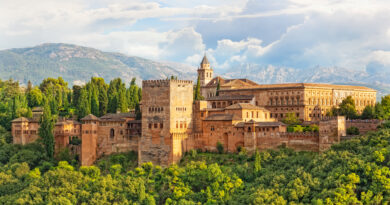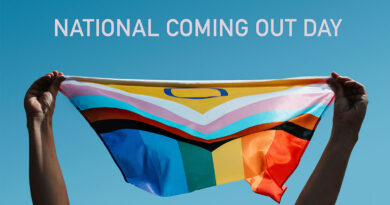Will a Global Pandemic and the Fight for LGBTQ+ Rights Transform Tourism in Africa?
COVID-19 pandemic is one virus that has proved difficult to contain. We continue to see its devastating effects every day, and unfortunately, Africa hasn’t escaped its clutches. The Omicron variant is a strain of COVID-19 that was first discovered in South Africa. And shortly after this revelation, the World Health Organization (WHO) stated that the variant had spread to 57 countries around the world.
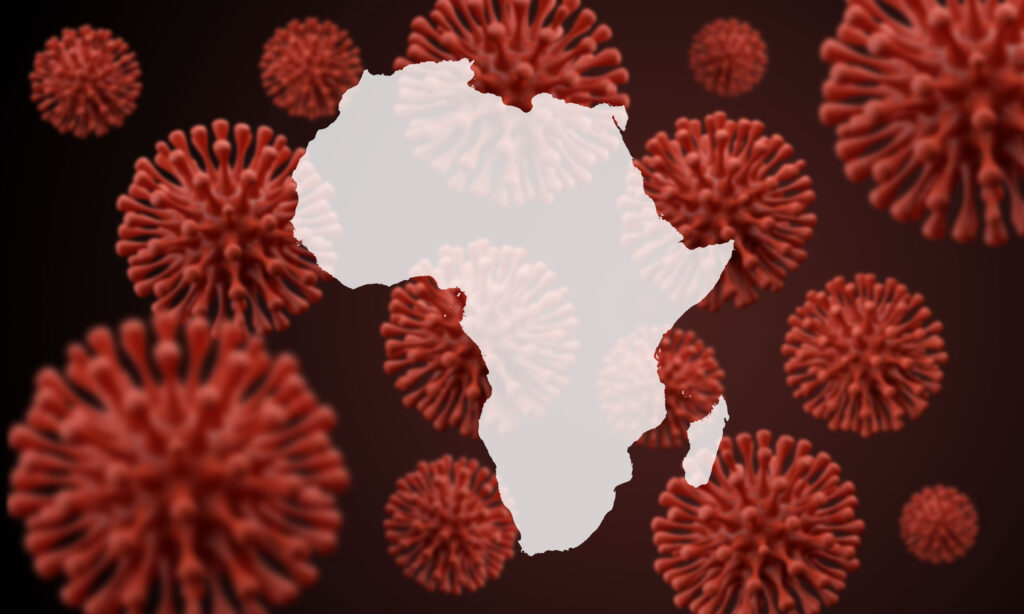
Africa has always been a continent that, above all, relies on tourism dollars to maintain some economic stability and growth. But it’s the locals in the community who depend on the tourism industry, which usually includes the game rangers found at the wildlife reserves and the game parks, the chefs and housekeepers at luxury resorts and hotels, and yes, even mothers and fathers who sell handcrafted jewelry to tourists. Although the U.S. travel ban on Southern African countries was lifted on Dec. 31, 2022; the ban happened during a period when African countries were trying to bounce back economically. And unfortunately, the travel industry in Africa continues to be further strained because of the global pandemic
The continent is full of adventures and experiences. The natural beaches and immersive experiences in national parks and game reserves compel visitors to appreciate nature as well as the cultures and traditions of the people welcoming them to their native land. These appealing aesthetics have attracted many tourists across the world to Africa, including LGBTQ+ tourists. However, queer travelers have to be a tad bit cautious when traveling to Africa due to homophobia.
Several travel destinations around the world have accepted LGBTQ+ travelers with open arms – not everyone accepts change as readily as countries that offer equal rights to the queer community. Many people in Africa are rigid and rooted in their beliefs. Homosexuality is yet to be accepted throughout Africa. The reality is very few countries such as South Africa are an LGBTQ+ safe-haven; many African countries are still struggling with homophobia and have made it a punishable crime.
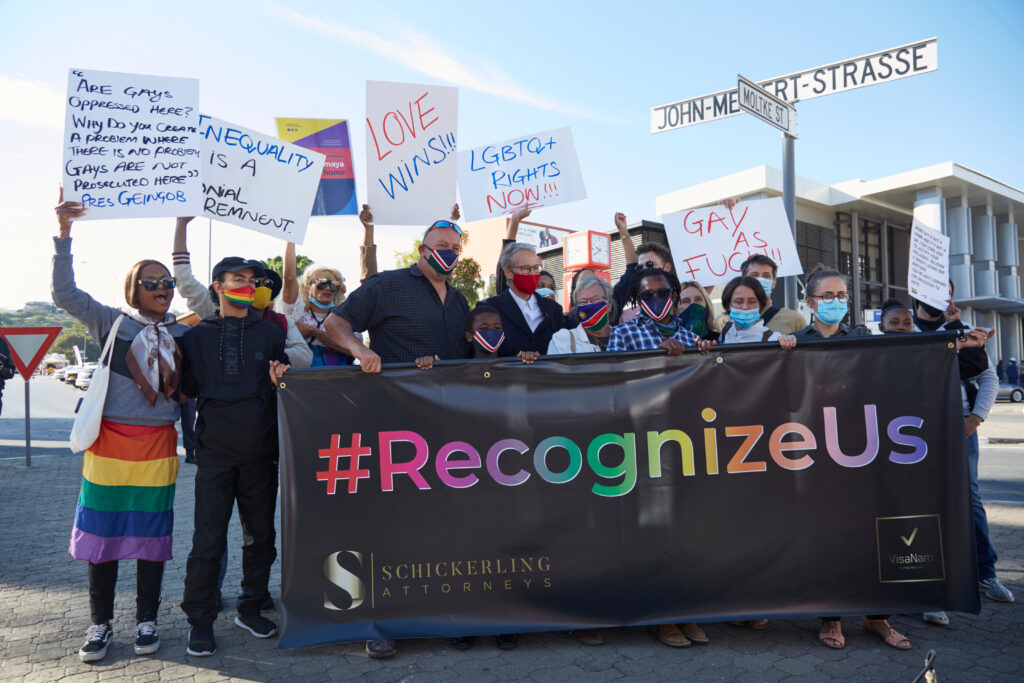
In East Africa, the countries are conservative in their beliefs and practices. Even though Ellen DeGeneres recently opened The Ellen DeGeneres Campus of the Dian Fossey Gorilla Fund, Rwanda is one of those East African countries that don’t recognize LGBTQ+ people as equals under their laws. But there is a slow shift where some rural communities have slowly started to embrace LGBTQ+ travelers especially if they are there to enjoy the wildlife or go trekking for gorillas, experiences native to the country. I’m hopeful that maybe in a few years homophobia will be a thing of the past. But I still advise LGBTQ+ tourists to maintain a low profile when mentioning their relationship status or showing any public displays of affection.
That being said, some African countries – including Nigeria, Mauritania, and Somalia – still have extreme treatment towards homosexuality, including the death penalty, which also includes families that support LGBTQ+ relatives. This is an act of inhumanity. Sudan’s Sovereign Council approved new laws while amending the existing ones, with the removal of the death penalty and the administration of 100 lashes as punishment for “same-sex intimacy.”
As much as the African continent is clouded by homophobia, hate crimes, and violence towards the LGBTQ+ community, there are queer-friendly countries in Africa. Seychelles is among the most popular travel destinations for LGBTQ travelers and among the seven countries that have anti-discrimination laws against LGBTQ+ people. Seychelles is a cluster of 115 islands with luxury resorts and beautiful beaches, and same-sex sexual activity has been legal since 2016. Employment discrimination based on sexual orientation is also banned in the East African island nation. In addition to legal protections, the locals are friendly and welcoming to LGBTQ+ tourists. In terms of accommodation, the resorts provide the same benefits as straight couples. So, Seychelles is the place to go if you’re looking for a travel destination in Africa where you can be your authentic self.
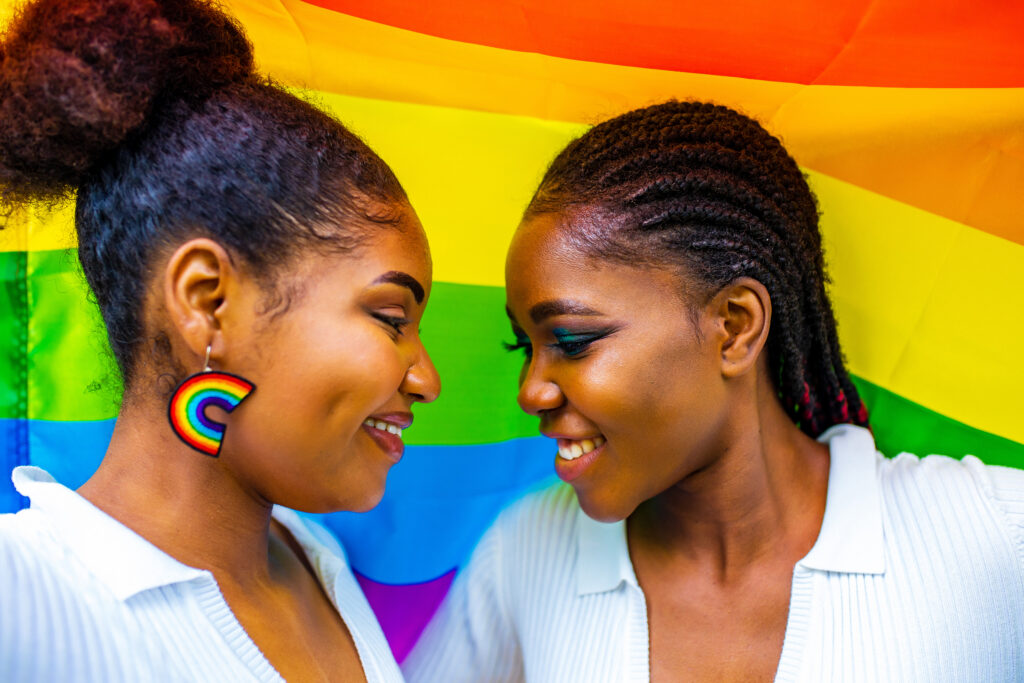
Cape Verde, the “pearl of Africa ” as the name suggests, also provides legal protections for both male and female same-sex activity, and discrimination based on sexual orientation is banned. In Cape Verde, Santa Maria, Mindelo, and Praia (the country’s capital) are a few LGBTQ+-friendly towns, where gay couples live and it’s not uncommon here to see public displays of affection. A night at the beach with your partner or grabbing a drink at a popular gay club are surprising community staples, much different from most African countries.
And over the past five to 10 years, Lesotho (2010), Mozambique (2015), Seychelles (2016), Botswana (2019), and Angola (2021) passed legislation to legalize same-sex relationships. Even though great strides have been made in a few African countries, the fight is far from over to secure LGBTQ+ human rights and equality for LGBTQ+ persons and for queer travelers to feel safe without looking over their shoulder in fear.
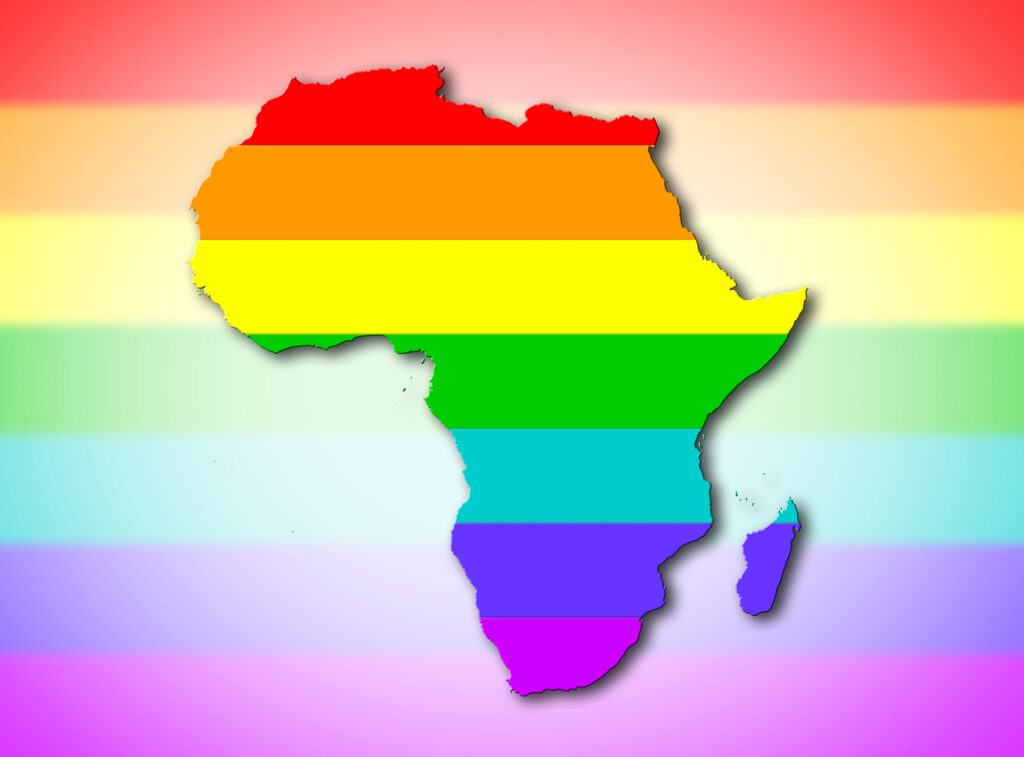
LGBTQ+ travel in Africa was starting to gain traction and many African countries were hoping to revive their tourism industry, but unfortunately, the ongoing pandemic has sabotaged those plans. The travel bans on southern African countries brought the tourism industry in Africa to its knees. Most of my friends who worked in the hotel industry were left jobless. Other family members who were planning to travel outside of the continent had no choice but to cancel their trips because of the travel bans issued by Europe and America.
The travel bans did nothing to stop the spread of COVID and or the Omicron variant, but it did lead to severe economic losses in the African tourism industry. Africa needs to reconsider its approach to LGBTQ+ travel if it hopes to recover from the hit brought on by Covid-19. In this time and era, every traveler should feel safe regardless of their sexual orientation. Africa could try harder to be an LGBTQ+-friendly destination where basic human rights are observed and guaranteed.

